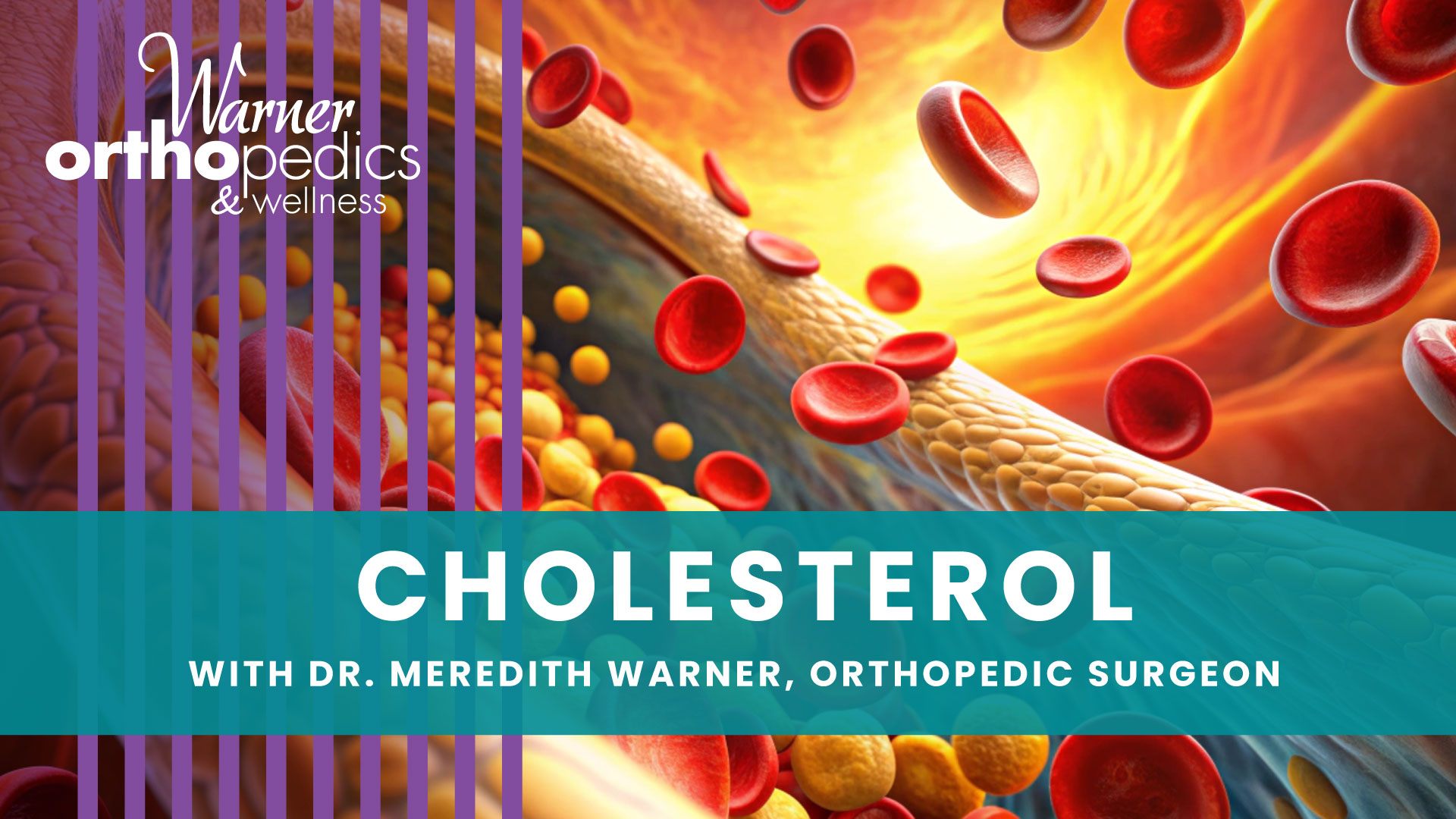Is Your Back Muscle Pain Caused By a Disc, or is it Something Else?

About 23 million people, or 10 percent of the U.S. population, have one or more chronic disorders of the musculoskeletal system that often cause back muscle pain. Musculoskeletal disorders are the main cause of disability in the working-age population and are among the leading causes of disability in other age groups.
While back pain is often caused by a slipped or bulging discs, it can easily be confused with myofascial pain – the pain associated with the muscular and connective tissue (fascial) structures about the spine. This extremely common type of pain is associated with the spine and other body parts. A patient with myofascial pain will have nonspecific, poorly localized, aching, regional pain in the tissue that includes muscles and joints. Rarely will they have sharp, clear, easily localized pain.
Renowned American physician and medical researcher Janet G. Travell pioneered techniques for treating of myofascial pain. She recognized that pain is not reducible to a single diagnosis. For example, if a patient presents with left shoulder pain to a pulmonologist, cardiologist or orthopedic surgeon, that patient will be diagnosed in turn with reflex pain from the lung, ischemic heart pain or rotator cuff pain. More likely however, is that the patient has a problem with the skeletal muscle system about the shoulder; that is, the patient has myofascial pain.
Isolated tender spots in muscles that hurt when compressed (also called trigger points) are characteristic of myofascial pain. A leading cause of chronic pain and disability in this country, unrecognized myofascial trigger point syndrome is also the cause of a significant amount of ineffective, expensive and un-indicated treatment. Muscles receive little attention in modern medical schools as a source of pain.
Treating Myofascial Back Muscle Pain
Treating myofascial pain is much more conservative, safe and effective than treating the mistakenly diagnosed syndromes and conditions that it mimics.
Treatment includes:
- Injections
- Massage
- Stretching
- Managing stress and tension
- A home self-treatment program and patient education
Trigger Points
Myofascial trigger points are discrete, focal, hyperirritable spots located in a taut band of skeletal muscle. The spots are painful on compression and can produce referred pain, referred tenderness, and motor dysfunction. However, this is often overlooked as a source of back muscle pain because most providers that deal with pain are not taught about myofascial pain.
Trigger points are thought to develop due to increased or changed muscular demands. Overload can do this, as can poor posture – injury does not need to occur. Trigger points may also be brought about by stress and emotional illnesses, constitutional problems, visceral disease, arthritis, or joint dysfunction.
Pain from active trigger points most often presents in those aged 31-50. At this point, most people are in the mature years of maximum activity. Later in life, latent trigger points and stiffness are more common. It is important to recognize a trigger point early on when a patient presents with back muscular pain. The diagnosis of such a muscular source of pain may be easy to treat if recognized early. When acute myofascial pain is neglected or ignored, it may become chronic and then is complicated, more painful and time-consuming and expensive to treat reliably.
Myofascial pain is a leading cause of pain that is easy to treat if it’s caught early. It is treatable with safe and effective methods even if it is chronic by the time a knowledgeable provider treats the patient. In order to ‘first do no harm’ as the Hippocratic Oath promises physicians will do, MPS must be considered, recognized and treated.
Image courtesy of graur razvan ionut / FreeDigitalPhotos.net
Dr. Meredith Warner is a board certified, Fellowship Trained Foot and Ankle, Orthopedic surgeon practicing in Baton Rouge, Louisiana. Dr. Warner is committed to offering her patients an accurate diagnosis along with a comprehensive treatment plan in order to get them back to a pain free life. Dr. Meredith Warner specializes in the treatment of orthopedic issues, providing operative and non-operative treatment plans of orthopedic problems, including musculoskeletal pain such as chronic back, neck and foot pain, reconstructive surgery of the foot and ankle, arthritis, diabetic, hammer toe, bunion, wound care, work injuries, fitness and nutrition and osteoporosis issues.
{{cta(‘bb456f31-3aff-4ca0-a458-b217882fde1b’)}}




